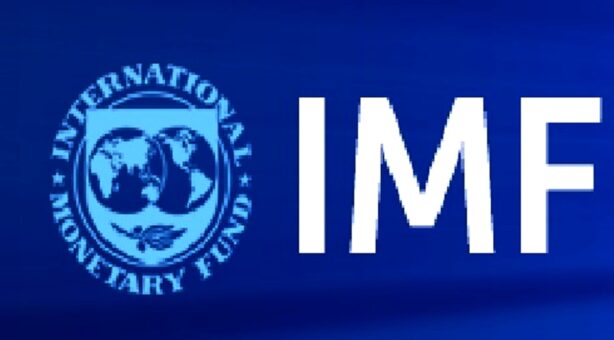Pakistan’s Federal Board of Revenue is likely to withdraw exemption and concession of general sales tax (GST) granted on many consumable items.
The consumption tax may be withdrawan on the supply of goods to generate an estimated revenue of Rs334 billion, news reports suggested.
The exemption of GST may be withdrawn on supplies of various local and imported goods. The exemption and concession of consumption tax may continue on basic food items.
The report suggested that Personal Income Tax (PIT), there are 11 slabs and one proposal under consideration is to bring down slabs to 6 or 7 where the minimum taxable ceiling of Rs0.6 million might be adjusted upward while the rate of higher-income brackets might be increased.
The hike in power tariff to the tune of Rs1.40 per unit might be notified after the agreement with the IMF.
Federal Minister for Finance Shaukat Tarin is expected to hold a meeting with the IMF’s Managing Director (MD) Kristalina Georgieva on October 15, 2021 in Washington, DC. However, things are still unclear whether Pakistan and the IMF will be able to strike a staff-level agreement or not. The review talks may be extended if both sides remained unable to strike any staff-level agreement on the completion of the sixth and seventh reviews under the $6 billion Extended Fund Facility (EFF).
Sources said that the IMF was advising stringent taxation measures but Pakistani authorities were making last-ditch efforts to convince the IMF for delaying taxation measures on account of withdrawal of sales tax exemptions and adjustment into Personal Income Tax till the announcement of the next budget 2022-23 or implementation of these steps in a staggered manner.



